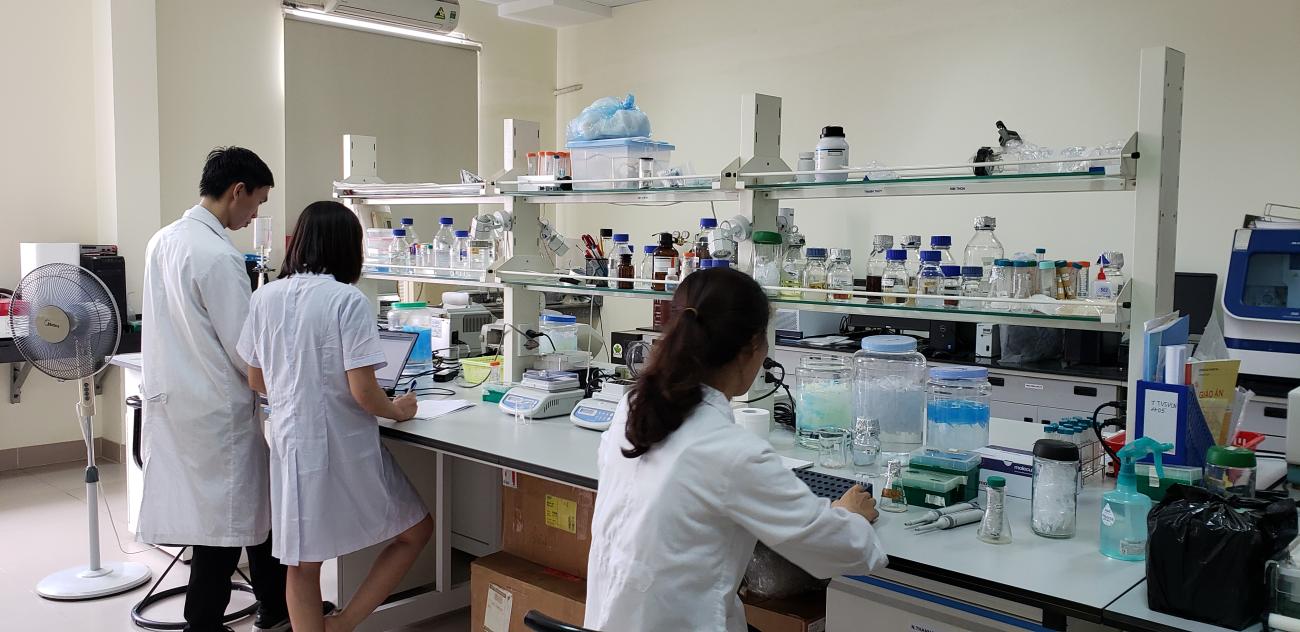Energy efficiency is one of the key measures to reduce GHG emissions and to improve energy security, while also contributing to other benefits.
Energy efficiency is one of the key measures to reduce GHG emissions and to improve energy security, while also contributing to social, environmental and economic benefits. Among energy efficient interventions, technology transfer has been an important solution to enhance knowledge and skills as well as to enable innovation for effective and efficient production of new eco-friendly and green products.
Ethanol Production from Cassava
UNIDO has supported the Food Industry Research Institute (FIRI) under MOIT to promote the new bioethanol technology involving improved fermentation processes that can enable much higher yields of ethanol. The technology package has helped produce bio-ethanol with higher productivity, shorter time and lower energy consumption during the fermentation process. In addition to the economic benefits, the package will help reduce GHG emissions and waste and improve efficiency in energy utilization. The new technology was developed and transferred to FIRI by King Mongkut’s University of Technology Thonburi in Thailand, under a GEF funded project for ethanol technology promotion and technology transfer from Thailand to Laos, Myanmar and Viet Nam. FIRI has established a training center with a 50 lpd pilot plant of ethanol production and will continue to support bio-ethanol producing companies by providing training and research at its demonstration plant as well as by upgrading their existing equipment to suit the new technology. This is part of a South-South technology transfer package following the value chain approach from cassava cultivation to ethanol production. One of the other noble achievements of the project is the sharing of international experiences and good practices on policy, incentives and pricing structure to MOIT, contributing to the nation-wide launch of E5 gasoline in Viet Nam since January 2018.
Solar Thermal System Technology for NFB Curing
With UNDP support through the project to promote the production and application of Non-fired brick (NFB), an environment-friendly building material, the Ministry of Science and Technology (MOST) has worked with Dai Dung Xanh NFB Company in Ho Chi Minh City on the installation of a solar thermal system for NFB curing to utilize available solar energy. This is the first-ever application of a solar energy system for product curing in the NFB sector. Technical assistance was provided for a feasibility study, design and installation of the solar thermal curing system. Hands-on training was provided to the company for operation of the system. The solar thermal system will provide the heat and moisture required for curing, and the temperature and humidity will be controlled using sensors and a control system. The installed system leads to improved product quality, reduction of production costs and a reduction of 30-40 per cent of required land areas for semi-finished products, reducing GHG emission by 26,0000 tons of CO2/year.






